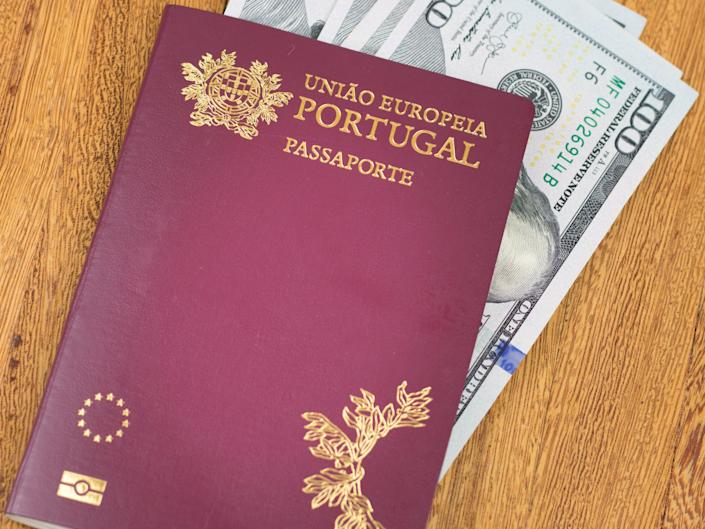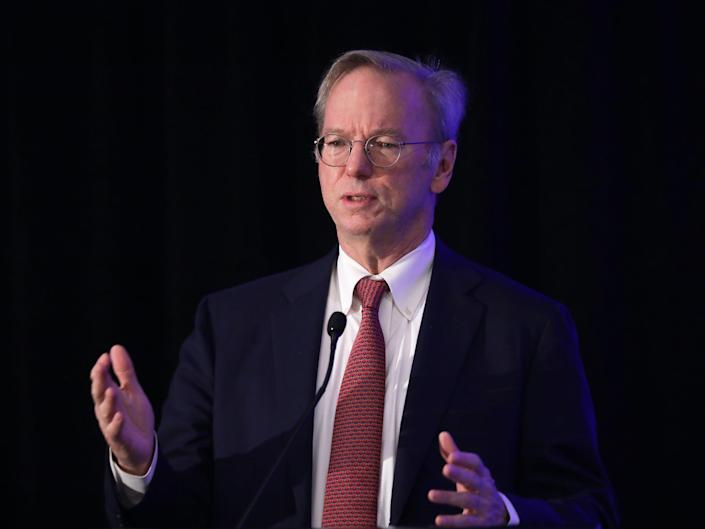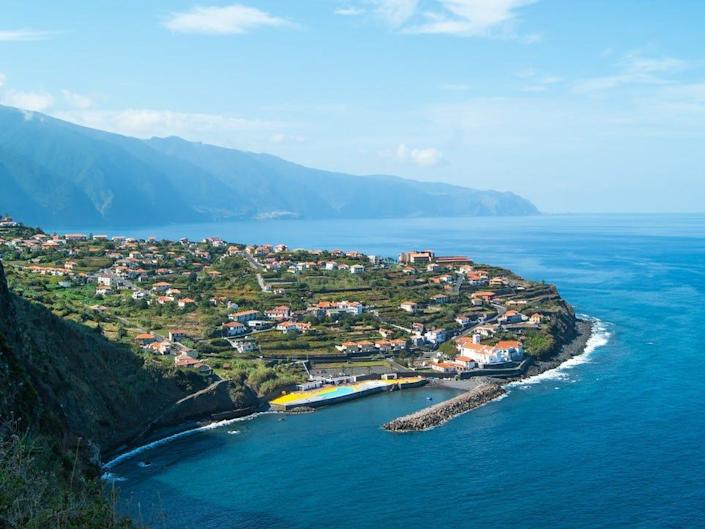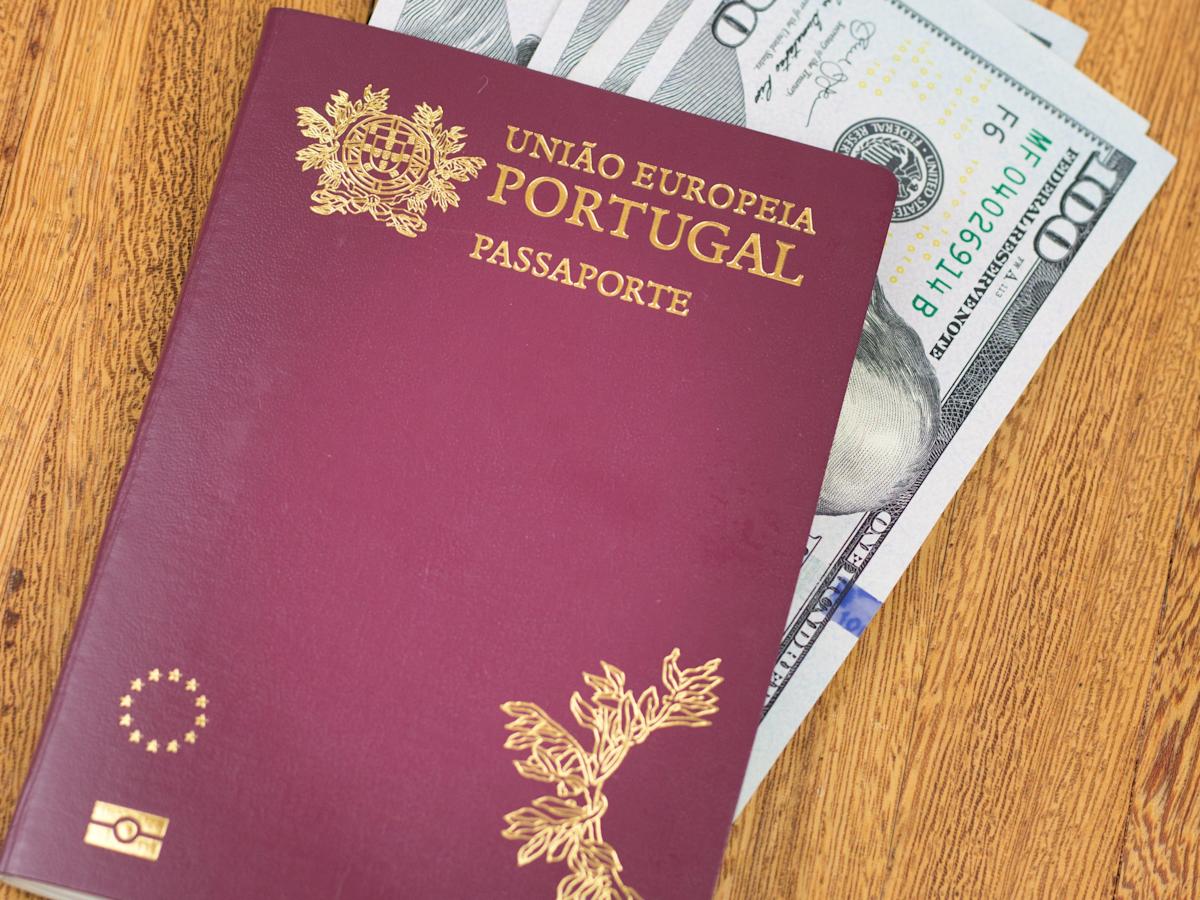
-
The number of wealthy Americans buying “golden passports” has soared over the past three years.
-
The top programs grant citizenship to foreigners who invest millions of dollars in the country.
-
US applicants cite COVID, climate change and political division, multiple companies told Insider.
The number of wealthy Americans applying for citizenship or residency abroad has skyrocketed in the past three years as American billionaires, tech entrepreneurs and celebrities try to create a “plan B” for their families, multiple investment migration firms told Insider.
More than a dozen countries offer so-called “golden passports” and visas that allow affluent foreigners to obtain citizenship or residency permits in exchange for investment in the country. The most expensive programs range from $1.1 million in Malta to $9.5 million in Austria, according to Forbes.
“We see these programs as an insurance policy,” said Ezzedeen Soleiman, managing partner at Latitude Residency & Citizenship. “We’ve had some billionaires approach us and ask what the best place to live is if there’s a climate catastrophe, or if there’s another storm, or some other global pandemic.”
Latitude, a company that guides high-net-worth investors around the world through the application process, said U.S. surveys rose 300% between 2019 and 2021. Henley & Partners, one of the world’s largest citizenship brokers, said sales to US citizens increased by 327% between 2019 and 2020 and another 10% in 2021.

According to Dominic Volek, head of private clients at Henley & Partners, there are currently “four Cs” driving the investor citizenship industry: COVID-19, climate change, cryptocurrency and conflict.
The recent surge in US applicants started during the Trump administration and escalated during pandemic lockdowns, he added.
“In the very strict lockdowns, there was a point where if you only had a US passport, you couldn’t enter Europe,” Volek told Insider. “I think that’s what made a lot of very high net worth individuals realize they’re potentially a little bit more vulnerable than they thought.”
Reaz Jafri, CEO of Dasein Advisors, said he has received more US inquiries in the past three years than in the previous 20 years combined. He said his US clients often work in technology, real estate or crypto and are worth between $50 million and $20 billion.
They all have one thing in common: deep-seated fears about the future of American society, he said.
From a tech founder concerned about the rise in Asian-American hate crime to young Web3 entrepreneurs looking to avoid tax hikes, Jafri said wealthy clients across the political spectrum are looking for the worst.
“We’ve all been through the past two and a half years,” said Jafri. “It just reminded us how vulnerable and vulnerable we are, and people who have the resources accept that it will happen again — and they don’t want to be caught off guard.”
‘Portugal is next California’

Two of the companies interviewed by Insider said that the Portuguese five-year residency permit – which allows visa-free travel to 26 countries in the European Union – is the most requested program among US investors.
Portugal’s “golden visa” requires a minimum investment of just over $200,000 and an average stay of seven days a year in Portugal. When the permit expires, residents can apply for full-time citizenship, which can take another three years.
“Portugal is next California,” Soleiman said. “You have a tremendous talent that goes there, a tremendous wealth that goes there.”
Ultra-rich Americans want to plant roots in Europe as a “heritage plan” for their children and grandchildren, he added. “A lot of them are either disappointed with what’s happening in the US or don’t see the opportunities they once saw in the US.”
However, many gold passport recipients don’t move and some don’t visit at all, as revealed last year by a Guardian inquiry into Malta’s citizenship program.
“Very few of our customers actually move,” says Volek of Henley & Partners. “Most of our customers just want the option available.”
The spike in Americans seeking gold passports stems from fears that the programs have created loopholes for “shady individuals” and “dirty money” to enter the EU.
Peter Spiro, a professor of international law at Temple University and an expert on dual citizenship, told Insider that major companies like Henley & Partners have a “serious interest” in vetting their applicants.
“They’re making a lot of money off it and they want to keep making a lot of money off it,” he said. “So they have an incentive in the fact that the due diligence element is real. I feel like they’ve done a pretty good job.”
Volek told Insider that due to the lack of regulation in the industry, there are some smaller migration firms that don’t vet candidates properly.
Read the original article on Business Insider

